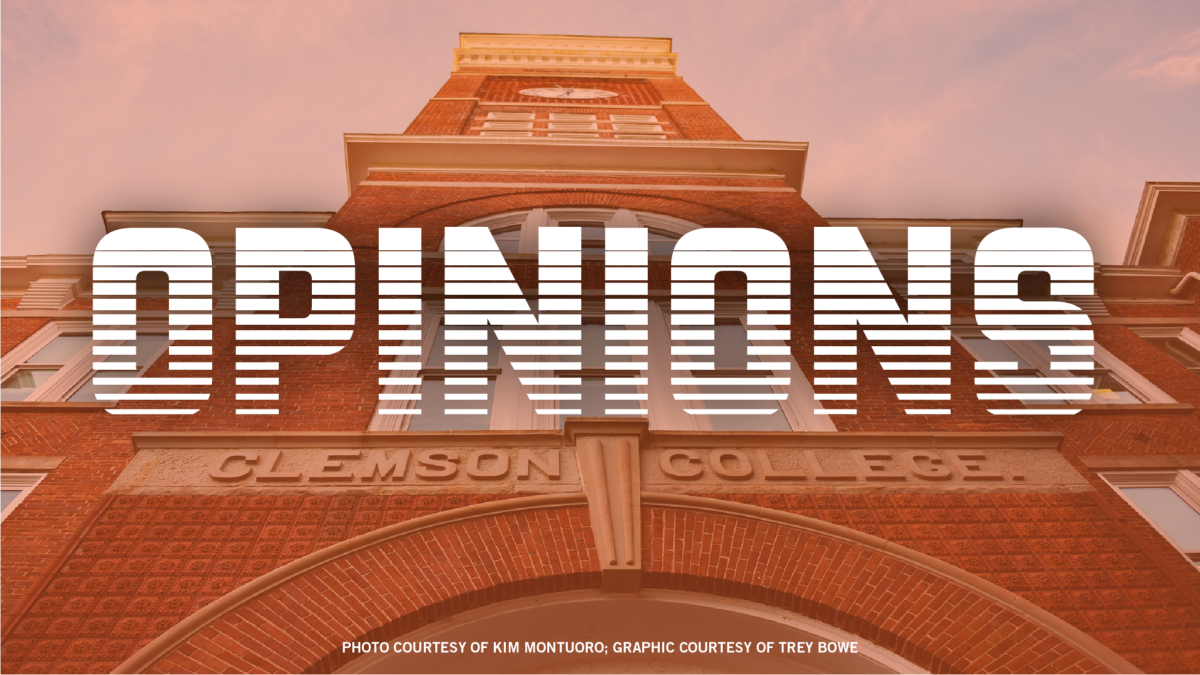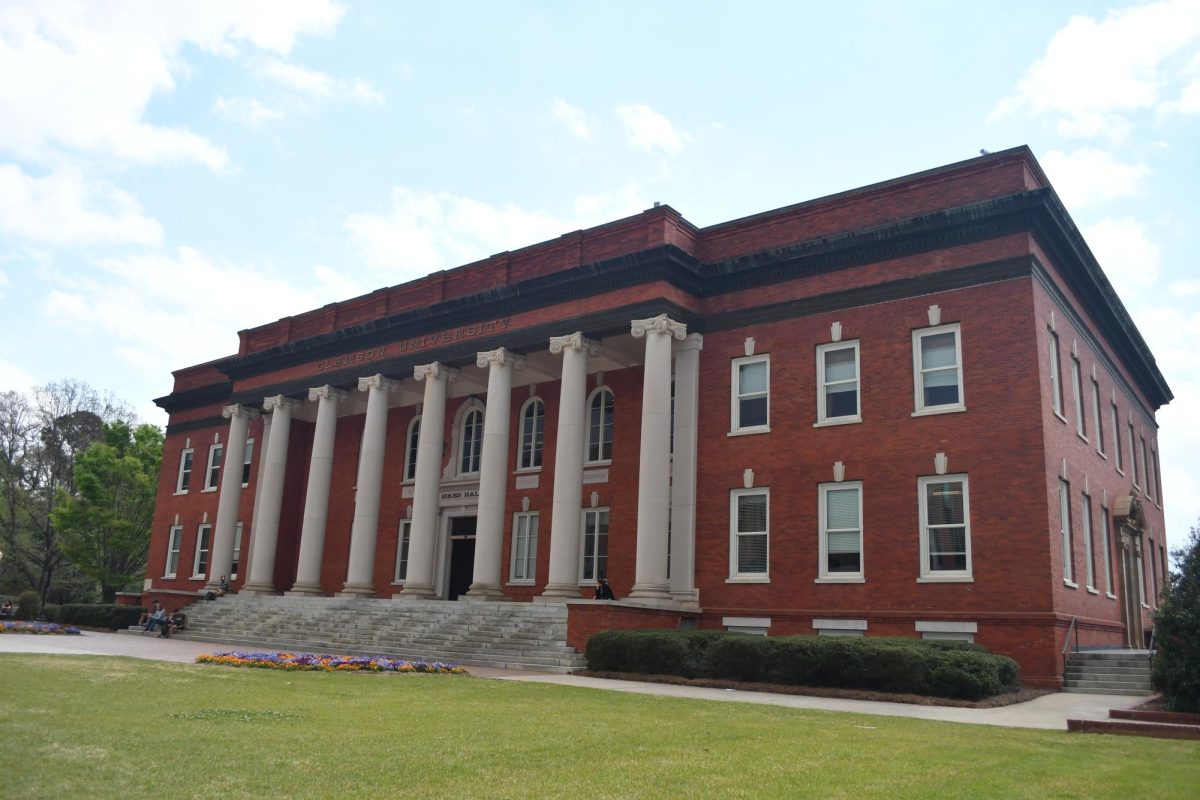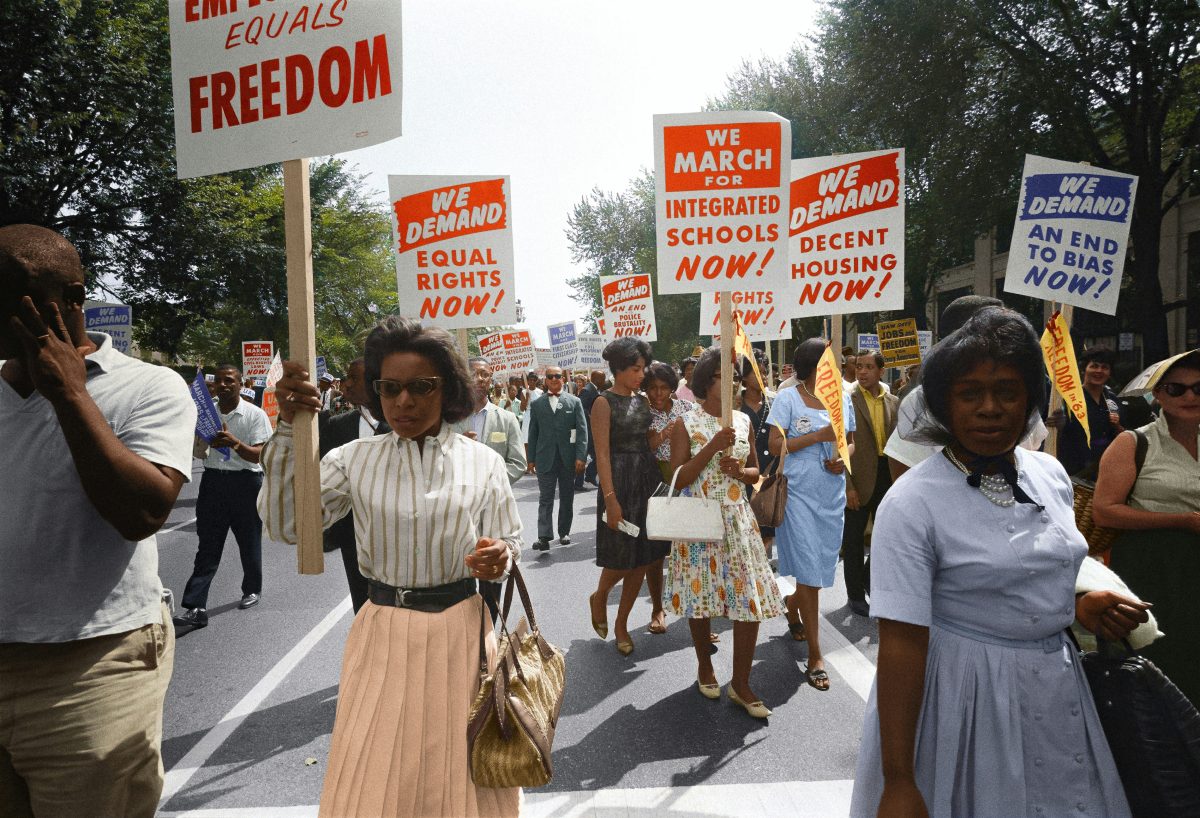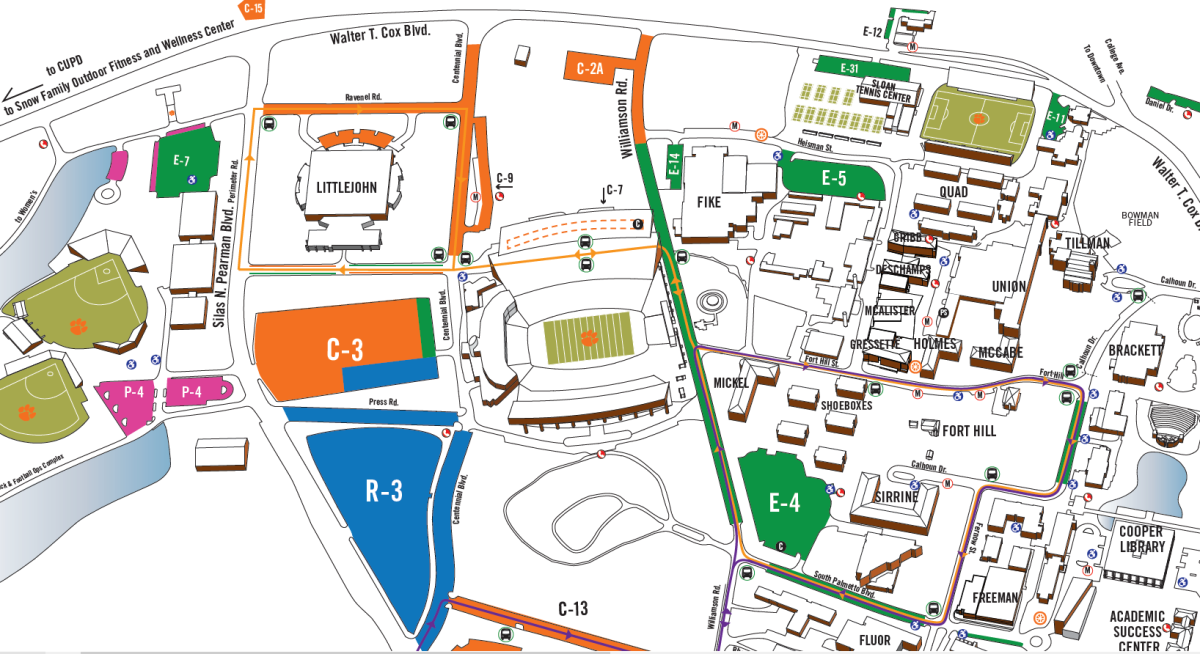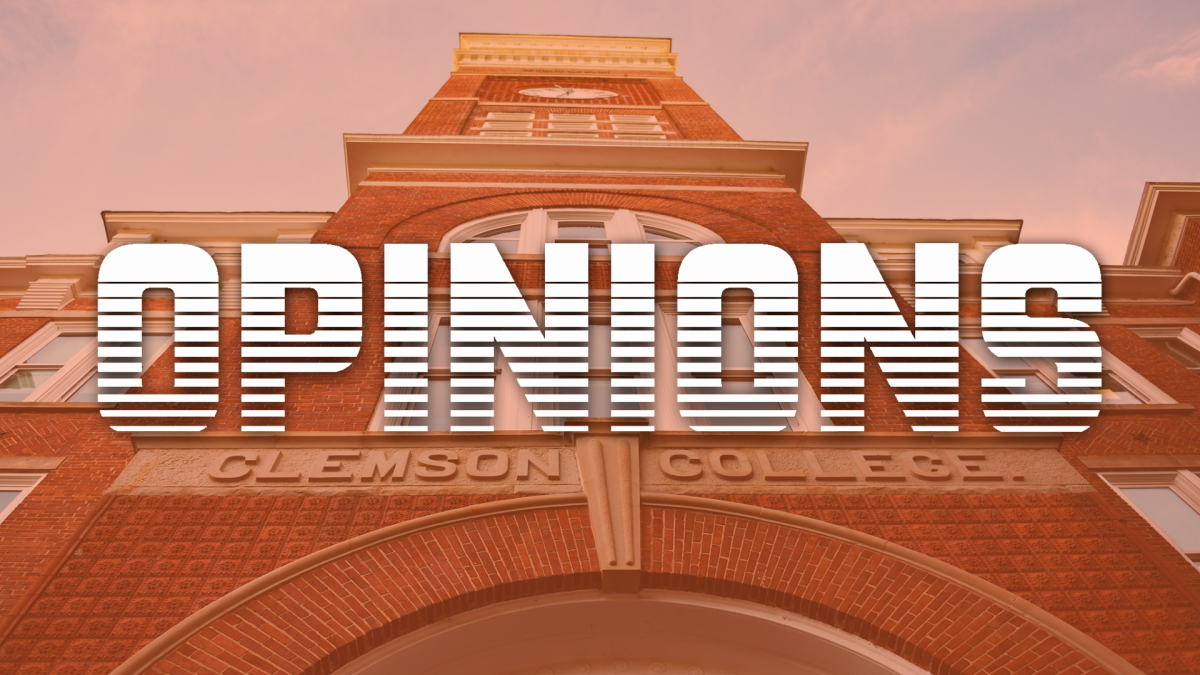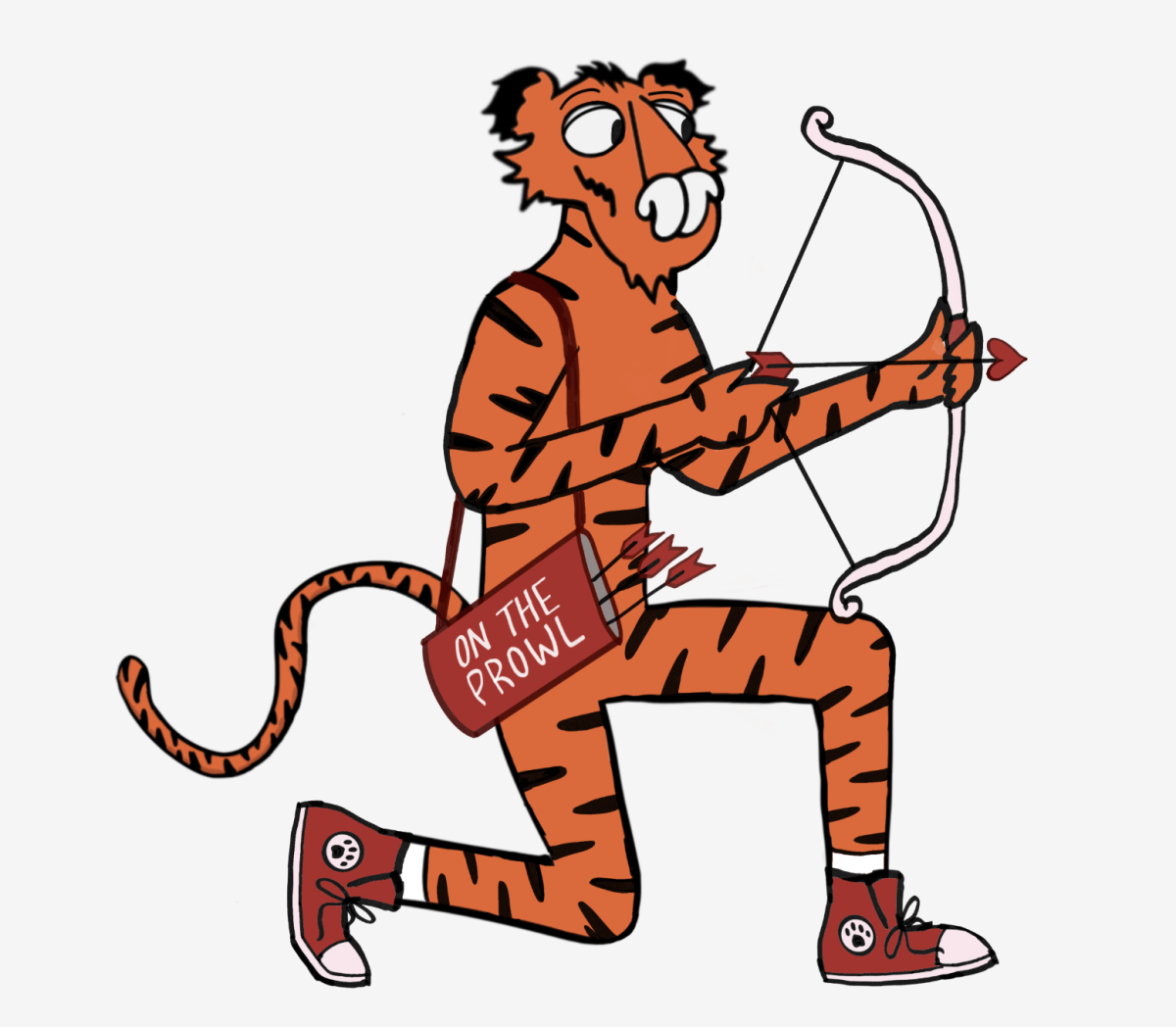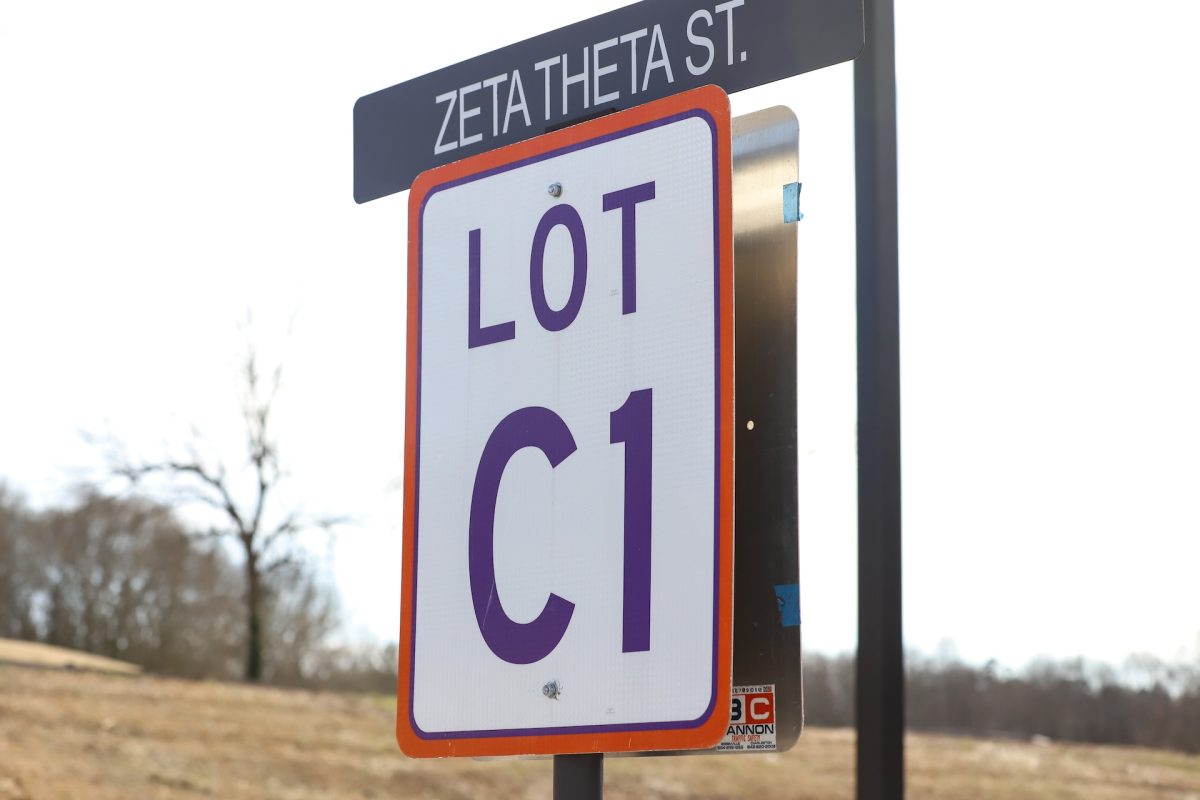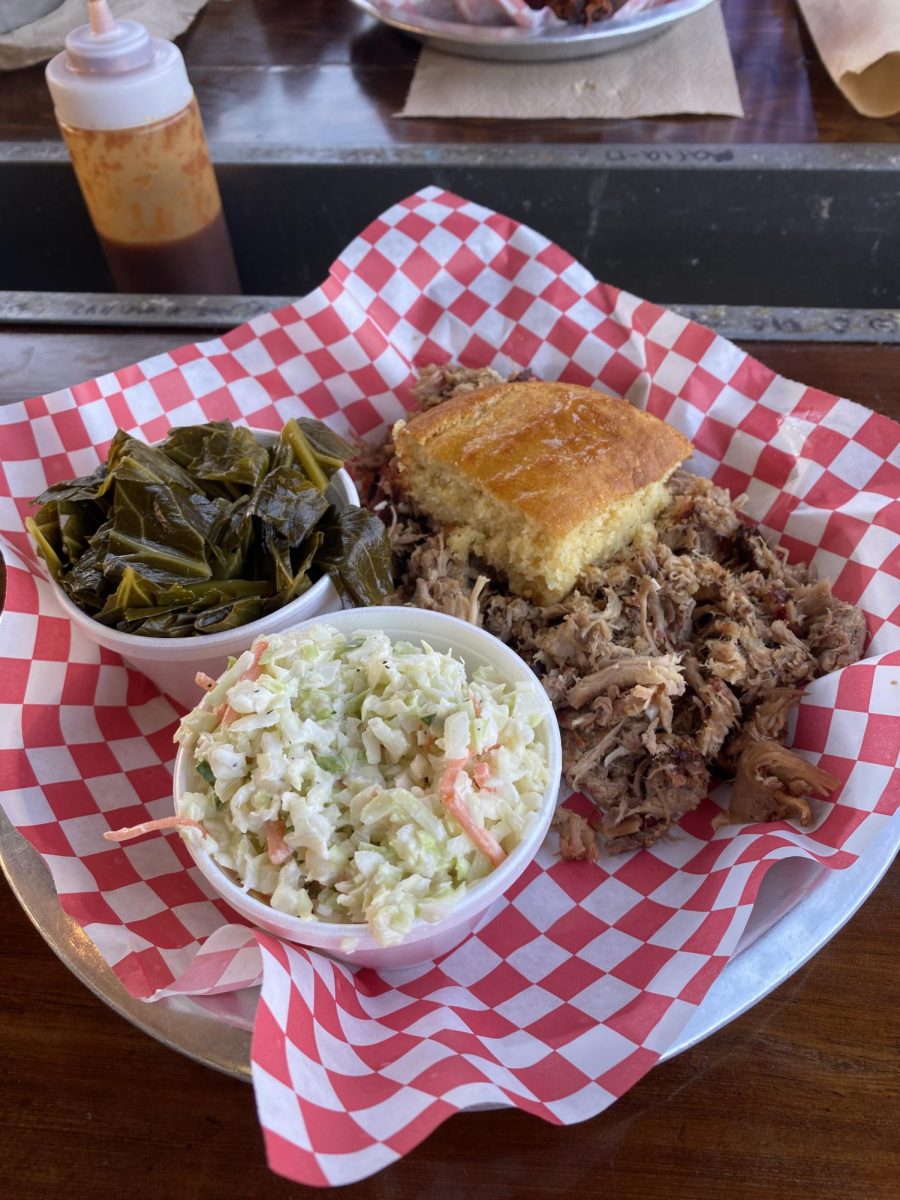Edit on Dec. 1, 2020: The title of the article was changed from “cross county” to “cross country.”
I am a Tiger, class of ‘85. Recently I found out from friends on Facebook that Clemson University is discontinuing its men’s cross country and track programs at the end of this academic year. This has brought out such commentary as “Travesty!” This is neither inappropriate nor overstated.
These programs are the definition of storied. Their history includes many conference titles, multiple Olympians and even a few Olympic gold medals. But these are the least important of the teams’ accomplishments and contributions. The intrinsic meaning that has brought substance to so many beyond the programs shines much brighter than titles and medals.
As a high school senior, I contacted Clemson’s then Head Coach Sam Colson. Colson was a former Olympian in the javelin. I expressed to him a desire to be a member of the Clemson cross country program starting in the 1980-1981 academic year. He responded and kept my hopes afloat. When I got to Clemson for my freshman year, I went to meet with Colson. He said that I would not be able to practice with the team, but that I should run 80 miles a week in preparation for my tryout at Clemson’s first meet of the season. He then introduced me to Ian Davidson, former Clemson athlete in cross country. This turned out to be one of my life’s most seminal moments.
Ian took me under his wing by running with me and introducing me to two other former teammates of his, Eddie Pennebaker and Dave “Geerman” Geer. It was to be the beginning of forming lifelong friendships and relationships.
When I finally tried out for the team, I finished last behind Clemson and Georgia Tech while my mother watched, and my two youngest siblings Ginny and Greg waited bored in my dorm room. If there was another team involved, I have blocked that out to limit the number of people I lost to. My disappointment over such a resounding failure lasted the rest of that day and evening. But I had to get up the next morning and run with Eddie. This was no consolation prize; this was my routine and my joy.
Eddie and his girlfriend (soon to be wife), the superlative Julie Pennebaker nee Brown, led me to a larger community outside the university. My circle expanded from Eddie, Julie, Ian and Dave to include the likes of Tim Stewart, the famous Tommy “Pooh Bear” Williams, Steve Figueroa, Joe Hammond, Dr. Don LaTorre, Rolf Craven, Steve Hlis and Dr. Keith Allen. We formed the Outta Control Track Club or as “Pooh Bear” would say, “OTTC, OCCT, OTCC, daggumit, the Outta Control Track Club!” I also was blessed by having friends from the cross country team I was not good enough to be part of – Jim Haughy, Laurie Montgomery (the future and current Laurie Haughy), Hans Koeleman, Stijn Jaspers, Kerry Robinson, Tina Krebs, Terry Goodenough, Bob Sams, Julius Ogaro and Iain Campbell.
Each of those people have affected their communities in deep and positive ways. Some did so with prematurely shortened life spans. Don LaTorre, who was one of my favorite people to run with — to hang with — at Clemson very sadly passed a few years back. He was a professor of mathematics at the university. Don brought the passion of mathematics to so many. I was never lucky enough to have him as a professor, but he once asked me if I had taken linear algebra. I told him I had and that it was a great subject that I really liked. He replied by saying if I had taken it under him, I would have LOVED the subject. I believe him. Stijn Jaspers, cross country great, Olympian with a ready smile and always a friendly word, passed in his sleep from an undiagnosed heart defect in his bed at Clemson. A stunning loss to all who knew him. Terry Goodenough died suddenly at the age of 52 in 2010. I will never forget the lanky image of him with short curly hair and wire framed glasses. I was trying to find him since social media had matured to the point that the remaking of lost connections was possible. He had made a great impression on me with his friendship and geniality when I was at Clemson in the early 1980s, and I felt this need to locate him. It was probably back in late 2010, the year he died, that I found he had passed. I discovered from that internet search that he had lived up to and far beyond his potential. Google him, you will find him as amazing as all the others whose lives he touched.
The point being is that I can pick apart my memories to the smallest atoms on any of these people and state what a positive difference they made on a young man from Orangeburg, S.C. I can go on about the difference some of them still make. But my memories, though special to me, are unimportant in the larger scheme of things. What is important is that Clemson is bringing about the end of an era of touching people’s lives with a sport consisting of a relatively small number of athletes. What is important is that in a sport that promotes individual abilities, there is an inherent connection among them as a team, an inherent force that keeps them forming deep friendships over shared passions. What is important is in turning its back on the men’s cross country and track programs, there is a loss to much more than the athletes, there is a loss much more than the connections those athletes form outside the sport, there is a loss to the future. And I cry over that along with the ties that bind me to those that are part of my past and present and future.



